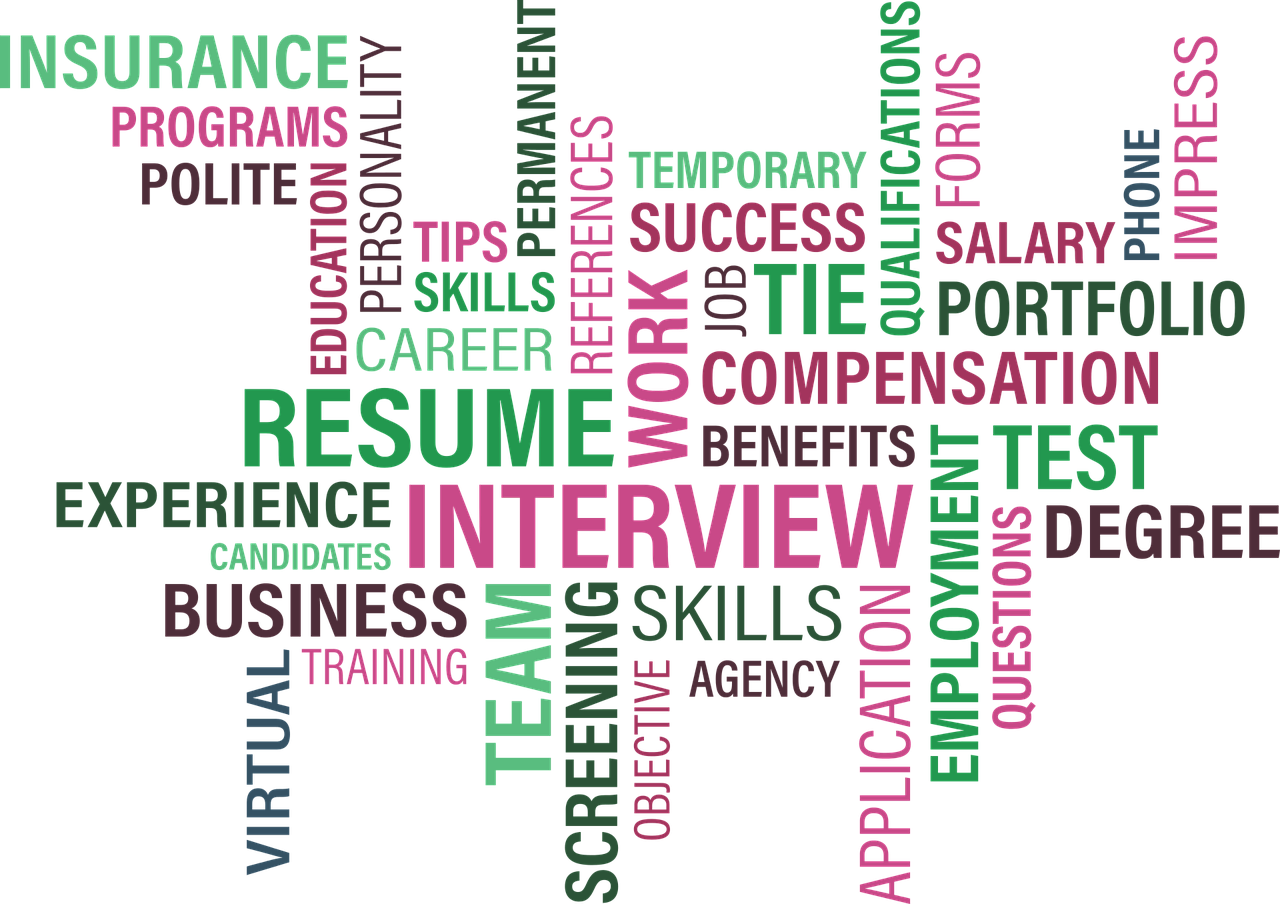There’s an 80’s song, Once in a Lifetime, by Talking Heads, that speaks about mid-life disillusionment. Having gone through this myself, I can relate with the questions the singer asks himself, “Well, how did I get here?” “Am I right? Am I wrong?” “What have I done?”
That feeling of “lostness” can be a scary place. And while the feeling might be triggered by a specific event, the underlying causes can operate unnoticed for years. Seemingly small choices chip away at your soul little by little over time until one day you don’t know who you are anymore.
Take a look and see if you’ve fallen into any of these areas of neglect, and if so take action. It’s never too late to get back on track.
1. You Compromise your values
Kathy is competitive and likes to pursue excellence, but the lackluster culture at her current company feels like a ball and chain keeping her from personal success. In the short term she thought she could “power through it,” and help to improve her environment. But over time her frustrations grew, her performance suffered, and she lost her edge and self-respect. Why? Her work wasn’t in line with her core values.
Very simply, values are guiding principles that are important to you. These include moral/ethical boundaries (truthfulness, honesty, respect, fairness, etc.), as well as what you personally think makes for a fulfilling life (physical fitness, constant learning, financial independence, justice, etc.). The list varies greatly from person to person, but the important thing is that you know what your values are and that you honor them.
If the temptation to compromise your values happened in a huge, obvious way it would be much easier to see and avoid. But it usually happens in a more insidious way through a series of small micro-choices and neglect. These accumulate over time resulting in an incongruent life, deep sense of frustration, and lack of self-respect. In short, you lose who you really are.
Solution: Do a values inventory. Then get together with a trusted friend or a coach to identify places where your life is out of sync with your values. If you can make changes in your work environment to support your values, that’s great. If not, you might need to make a career transition. You deserve better.
“Peace of mind comes when your life is in harmony with true principles and values and in no other way.” Stephen Covey
2. You Don’t update your goals
Jim loved his small but growing company. He was a valued team member who was making a direct impact to bottom line growth. But fifteen years and four acquisitions later, he’s working in a hidden division of a huge tech company doing menial work that doesn’t challenge or excite him. He thought he’d “play it safe” and just go with the flow, but now he’s bored and dreads going to work each day.
Have you found yourself in a place you never wanted to be? That happens when you’re not intentional with your plans. Circumstances change over time and if you don’t revisit your goals and make adjustments, you’ll just drift into other people’s expectations for you.
Solution: Schedule appointments with yourself to look at your personal treasure map and your road map, make updates as needed, and then take action. If you haven’t done this in years, just get started. You’ll get better the more you do it. A good coach can act as a sounding board and help keep you accountable to a realistic plan.
“If you don't know where you're going, you'll end up someplace else.” Yogi Berra
3. You’ve Stopped learning
Shivkumar was a talented, rock star employee. His projects leveraged the latest technology to save his company millions, and he was rewarded with rapid advancement. Now he’s in upper management, and he’s fallen out of touch with technology trends. No one can keep up with all of them, but he’s adopted certain mindsets that have built a defensive “cocoon of denial,” around himself. Namely:
Entitlement - “I paid my dues - I should be rewarded for my past accomplishments”
Pride - “I’ll look stupid if I admit I don’t know this subject matter”
Fear - “what if I don’t have what it takes to learn this new skill?” and
Laziness - “it’s just too much work to keep up with these changes”
Solution: Shiv is stuck in what’s known as a “fixed mindset.” If this sounds like you, then develop a “growth mindset” to reignite your learning. My clients consistently rank the book, Mindset, as the #1 resource to get them back on track. And sometimes you just need wake-up call. A good coach will have the courage to tell you what others are afraid to say and will hold you accountable to your action plan.
“A man who asks is a fool for five minutes. A man who never asks is a fool for life.” Chinese Proverb
In what ways are you feeling lost? Are there other factors operating in your life that aren’t listed here? Please add your comments below and be part of the discussion. In the meantime, enjoy some retro video.










